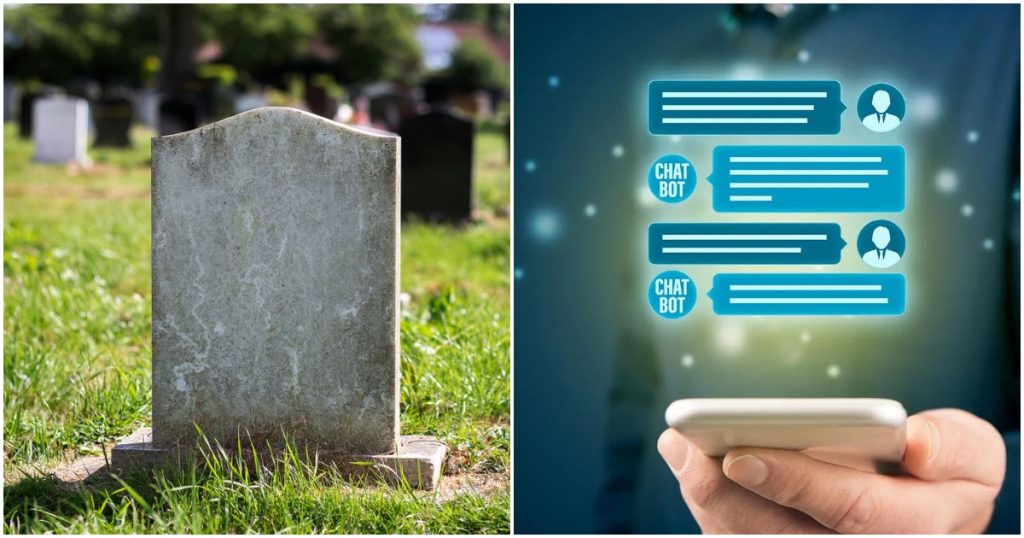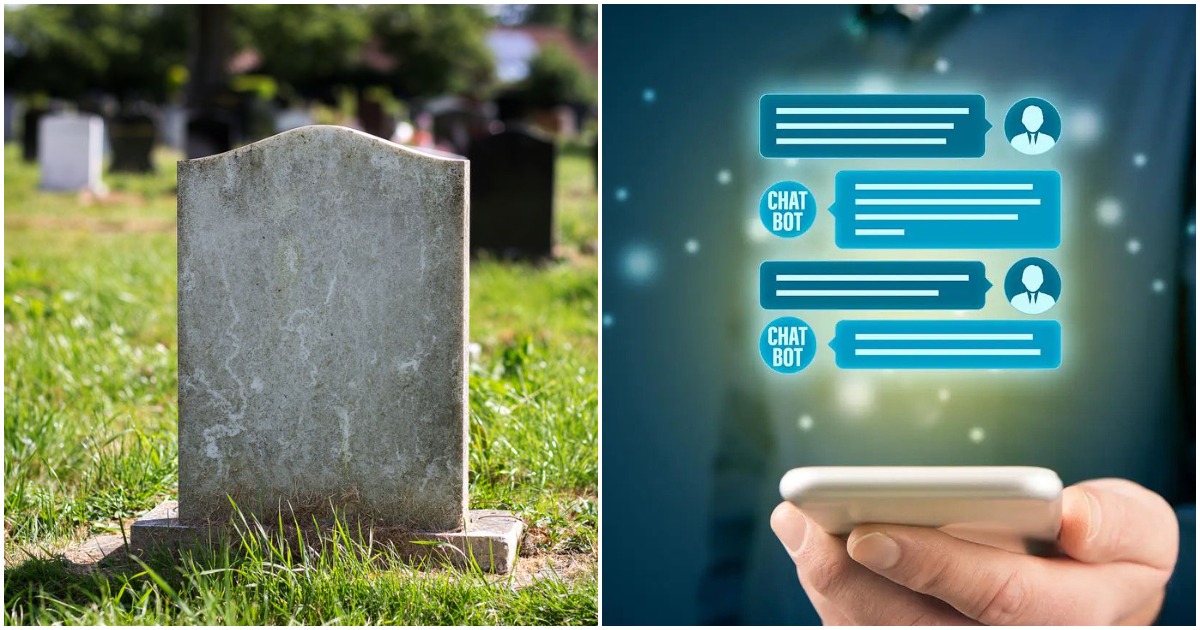The folks over at Microsoft seem to have spent the lockdown bingeing on Black Mirror.
Microsoft has been granted a patent that would allow the company to make a chatbot using the personal information of deceased people. The patent describes creating a bot based on the “images, voice data, social media posts, electronic messages”, and more personal information. Microsoft has even included the notion of 2D or 3D models of specific people being generated via images and depth information, or video data.

If that sounds familiar, it is — this was the exact plot of the first episode of the second season of the British series Black Mirror. In the episode, a woman loses her husband, but then learns of a company that can create realistic chatbots using a person’s chats and other electronic data. The woman is hesitant to try it out, but gives it a shot after discovering she’s pregnant. The program is realistic and she begins regularly talking to the chatbot that sounds exactly like her dead husband. The story even goes on to create a realistic 3-D android that resembles her dead husband.
The patent sounds as though Microsoft is aiming to do much of the same. “The specific person [who the chat bot represents] may correspond to a past or present entity (or a version thereof), such as a friend, a relative, an acquaintance, a celebrity, a fictional character, a historical figure, a random entity etc.”, the patent says. “The specific person may also correspond to oneself (e.g., the user creating/training the chat bot),” Microsoft says, implying that living users could train a digital replacement in the event of their death.
Chatbots that have been around for a while now, and are primarily used to answer specific questions. But given the amount of stored digital information that people now leave behind through chats, voice messages, and videos, it could be possible to train these chatbots on this data, and make them behave as the person itself. Black Mirror isn’t the only show that’s come out with the idea — Dilbert creator Scott Adams has long said that he’s been doing daily podcasts to generate as much digital information about himself as possible, and hoping that some technology could recreate him once he’s gone.
But it’s easier said than done. Chatbots aren’t a new concept, but they haven’t quite taken off in terms of sounding human-like — chatbots still are only used to answer basic questions on websites and the like. Also, previous attempts to develop human-like chatbots have run into some issues — Microsoft had developed a chatbot called Tay in 2016, but it ended up spewing racist abuse after some Twitter users spent time interacting with it. But Microsoft’s new patent is a bold move, and if does come to fruition, it could end up altering the meaning of life as we know it.
